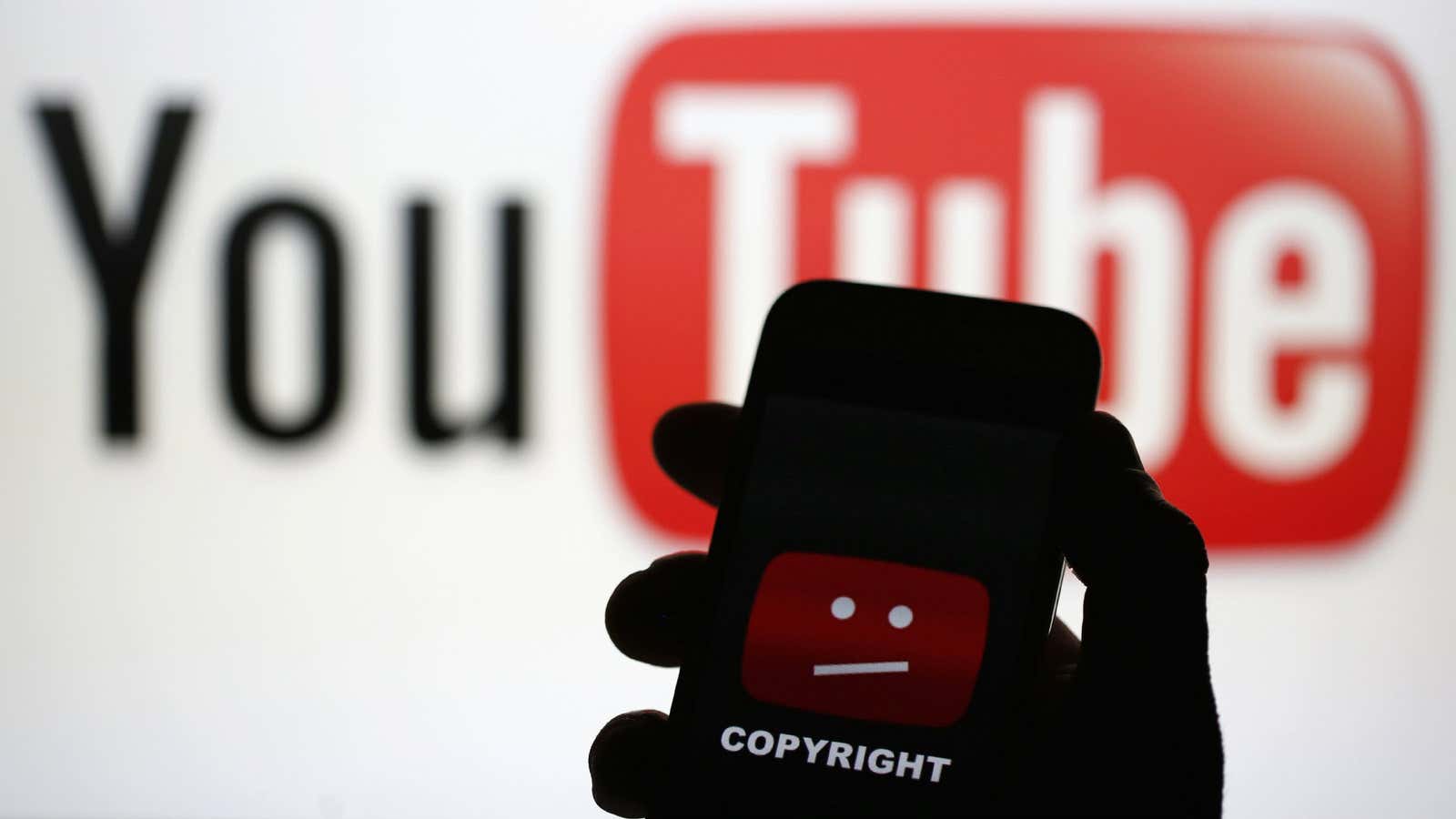YouTube is a force to be reckoned with in music. The video upload site owned by Google is the world’s biggest streaming music service (music videos on YouTube get many times more plays than the same tracks on Spotify). More teens get their music from it than any other source. Korean pop star Psy is among many performers whose careers have been transformed by viral hits on the site.
So it’s logical for YouTube to try to make money off this enormous music audience by introducing a subscription-based music streaming service. It will reportedly work similarly to Spotify and Beats Music (now part of Apple), with a free version that has ads and a paid version that’s ad-free and also allows listening and viewing offline.
Yet simmering tensions between YouTube and independent record labels threaten to undermine the new service.
YouTube pays royalties to record labels in the form of a cut of the revenue it makes from ads that play before a music video. It’s believed to have paid out more than $1 billion in royalties to all labels since 2006. But the indie labels say that acts signed to major labels (Sony, Universal and Warner) get a higher cut, in percentage terms, than they do. Not only that, but YouTube’s new service is offering lower rates than those paid by existing services like Spotify. As a result, the indies have been refusing to sign up for it. In response, YouTube is threatening not only not to feature their songs on the new service, but to pull them from YouTube itself.
As the Financial Times (paywall) reported earlier this week, ”the cull”, which Billboard says amounts to as much as 10% of the music available on the site, is about to begin. The BBC says some of the music in question will still be available through Vevo channels on the site. The American Association of Independent Music, which represents indie labels, has gone as far as formally requesting that the US Federal Trade Commission “urgently intervene” against what it describes as YouTube’s “threatening and intimidating behavior.” London-based trade body WIN has filed a complaint with the European Commission.
YouTube says the “overwhelming majority” of the world’s record labels are on board. “Our goal is to continue making YouTube an amazing music experience, both as a global platform for fans and artists to connect, and as a revenue source for the music industry,” a spokesman said in an email.
Convincing people to pay for music is already a challenge. Studies have shown that most people are willing to spend only about $48 a year on recorded music, less than half the cost of an annual Spotify or Beats subscription. No one knows yet how the YouTube product will be priced, but it’ll be even harder to get people to pay if a lot of the music available elsewhere isn’t on it.
More drastically, as Gizmodo argues, the move risks “ruining” YouTube’s reputation as the “central destination for everything” altogether. Recent experience shows that people will find a way to access the content they want, and if it’s not easily available legally, they’ll consider illegal channels. YouTube may give music lovers the perfect excuse to do just that.
